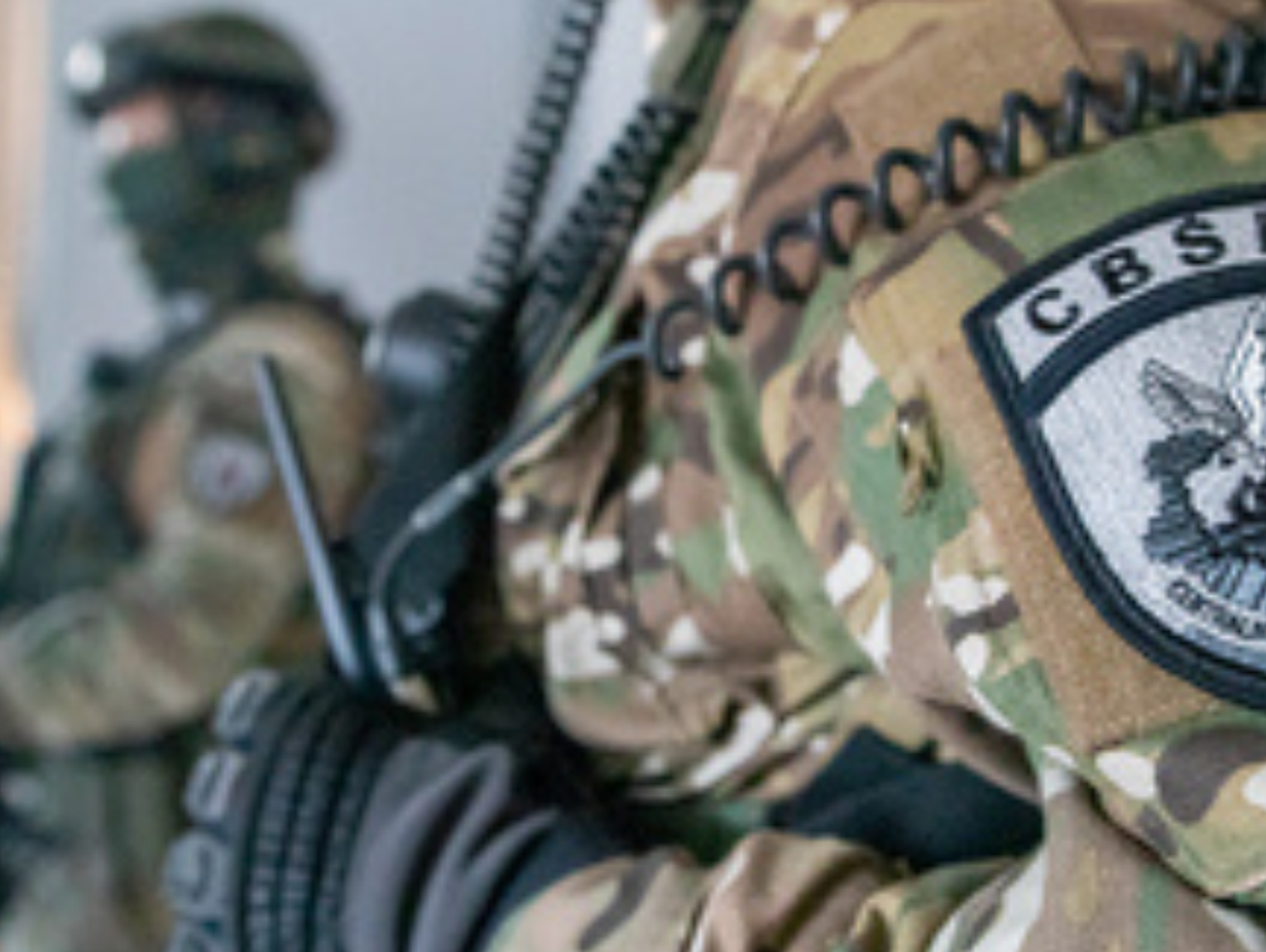This year it is 20 years since the improvement of the administrative judiciary, which adapted it to the constitutional request of duality. From the position of these 2 decades, can it be said that this was a success?
Prof. Jacek Chlebny: I have no uncertainty that the improvement of the administrative judiciary is simply a large success. In terms of efficiency and velocity of ruling, administrative courts stand out against the background of the Polish judiciary. Nor do they deviate from European standards and even place themselves at the top of the EU. And they're not wordless declarations. statistic for the past year confirm that as many as 74% of cases are successfully completed in the period up to 4 months before the courts of the first instance. This means that in these cases no appeal is brought to the NSA, and that protection in administrative courts is effective and given very quickly.
So it can be said that as many as three-quarters of the applicants who regret the actions of Polish officials are satisfied with the judgments of the provincial administrative courts?
Yeah. This is confirmed by the fact that so many complainants – citizens, entrepreneurs or taxpayers – do not take advantage of the anticipation to challenge the judgement of the WSA to the second instance. It can be assumed, then, that they are convinced that the court of first instance has fully, honestly and reasonably recognized their case. Importantly, he managed to justify his decision convincingly, whether affirmative or negative.
There are no another reasons, specified as financial?!
In the case of an administrative court, there is no reason to claim that the failure to exercise the right to appeal is due to financial barriers. Court fees, including entries, have not been amended for 20 years, and are set at a comparatively low level. In addition, the judicial and administrative procedure provides for the right of aid in the form of relief from costs and the establishment of an ex officio proxy. The applicant, who has no funds, may apply for exemption from judicial costs or the assignment of a professional representative. I don't have any signals that courts are obstructing or restricting access to legal aid. Each application is identified individually and fairly, and the formalities are not complicated. Yes, this requires a peculiar form and the applicable data, but it is simply a minimum, due to the fact that it is about state aid. Importantly, not only a natural individual can benefit from legal assistance, but besides an entrepreneur. It is besides worth reminding that the initiation of proceedings before the WSA does not require representation of the organization by a professional proxy. The applicant may make his own action and the court of its own motion must full examine the legality of the contested decision, the act or the inaction of the administrative authority.
You asked the Prime Minister to change the rules on judicial costs. Why?
Court fees, including entries from cassation complaints, have not been amended in 20 years. At the time, we had inflation and a crucial increase in costs. The existing court records are comparatively low. For example, in complex explanation cases only PLN 200. In addition, the regulation is that an alert from a cassation complaint constitutes half of the alert from a complaint to the WSA. It seems to be the opposite.
Do we have large increases?
The increases will only apply to fixed entries and will be moderate. They will not include relations entries that are dependent on the value of the dispute and are up to PLN 100 thousand.
What's there to improve in administrative courts?
Nothing is perfect and even the best functioning institution can be improved. And since we already have 20 years of experience, we are considering various possible changes to the procedural rules. For more than six months, they have been under improvement by a peculiar squad that has been looking for fresh solutions and has already prepared a package of over 50 changes, mainly in the rules on proceedings before administrative courts.
What are these changes for?
The main nonsubjective of the amendment is to improve the work of administrative courts and, above all, to accelerate the resolution of cases by the NSA, which has been faced with delays for years. While the average waiting time for the WSA to settle the case is 4 months, and the vast majority is settled within 3 months, the NSA waits much longer. Today, the average time is 16 months. The cassation complaint is inactive rising, and the backlog, mainly due to the pandemic, makes there a group of cases that are waiting to be diagnosed at the NSA for 3 or 4 years. These are, above all, cases where the complainants declared their willingness to attend a trial which was not possible in the pandemic. However, the remedies implemented in the last year, mainly by expanding the number of cases to be examined by the NSA, have already allowed for a crucial simplification in the waiting time for the case to be examined. According to statistical data, the NSA has already identified 60% of cases that occurred in 2022 and 40% of the impact from 2023. The proposed changes are intended, among others, to keep this affirmative trend.
What's the antidote to improving NSA work?
I consider it very crucial for the citizen, but besides for the administrative judiciary, to have prepared a proposal for pilot resolutions. In the administrative court, we have very frequently cases where there is the same legal problem. This is frequently due to any reform, which involves hundreds, even thousands, of decisions made by public administrations on the basis of the same provision. erstwhile it turns out that specified a regulation is not clear, doubts arise, and consequently divergent interpretations and disputes that go to the WSA and may besides make discrepancies in the case law. We see this problem and propose a fresh kind of resolution adopted in the NSA – a pilot resolution. It is intended to guarantee uniform ruling at an early stage, as the right to initiate it is to be granted to the ruling formations in the provincial administrative courts. In practice, if there is simply a series of cases relating to the same legal problem, the court can request the NSA to adopt a pilot resolution. The effect will be that all administrative courts will receive an answer and will be bound by it. Consequently, this will avoid discrepancies already at first instance level.
The improvement is besides intended to include the sending of cassation complaints to administrative authorities from the vending device to classified meetings. There are even voices that organs abuse this right and better to take it distant from them.
I am not in favour of disenfranchising the administration of the right to challenge the decisions of the WSA to the NSA. I besides find it hard to mention to the allegation of abuse of the right to court only in order to extend the procedure. However, it is apparent that a citizen or entrepreneur who wins a dispute with the administration in the first instance in a fewer months is not curious in challenging a favorable ruling to the NSA. due to the fact that that would mean that he would gotta wait much longer for a final ruling. It besides happened that, erstwhile in a pandemic, the complainants agreed that their case should be referred to a secret meeting, which guarantees that it would be settled at the NSA in a fewer months, the administrative authorities objected. They demanded a trial, and after a pandemic, erstwhile it was designated, they did not even bother to participate. Apart from this problem, we propose that all of the body's cassation complaints should go to classified meetings and that the authorities should not be able to block cases in this mode erstwhile requested by the opposing party. This will importantly improve the ruling in the NSA. On the another hand, the applicant will in any event hold the right to request that his case be examined at the hearing. In another words, it will be up to the complainant, not to the public administration, whether the court finds the substance in a secret sitting or at a hearing.
Did you take a breath of relief that the NSA would not be a disciplinary court for all judges?
Definitely. This solution was unreasonable and posed a immense threat to the efficiency of administrative justice. And although possibly it wouldn't lead to a complete collapse, it would be a large problem. Administrative justice is set up to defend the citizen from abuse of public power. And we want to fulfill this mission. We must besides warrant the right to a court within a reasonable time. Still, we have large discomfort that the NSA inactive has cases that have been waiting to be recognized for 4 years. We are looking for all the solutions to change that, and any of them have already had the desired effect. This would be hard to accomplish if the NSA had to deal with disciplinary matters and independency tests from all over Poland. Not to mention applicable issues or serious constitutional doubts.
Aren't you afraid that the NSA is facing another problem with questioning the position of judges appointed by the alleged neo-KRS and questioning the validity of judgments handed down with their involvement?
In my assessment of the danger of mass questioning the validity of administrative courts' judgments due to the composition of judges in the KRS, there is no. In our case-law, we follow the guidelines of the Court of Justice of the European Union, and its case-law is rather clear, and it follows from it that the specified fact of reservations as to the correctness of the selection of the Judges' composition of the National Judicial Board is not adequate to establish an infringement of Article 47 of the Charter of Fundamental Rights of the European Union, which guarantees the right to court. In addition, the EU Charter of Fundamental Rights shows that the standard of protection guaranteed in it cannot be lower than in the European Convention on Human Rights, including Article 6 of the Convention. The Court of Justice of the EU, by refusing to the Chamber of Extraordinary Control and Public Affairs the position of court within the meaning of Article 47 of the Charter of Fundamental Rights, has pointed to a number of reasons which the Court has only brought to this conclusion in full. These grounds do not apply to NSA and WSA.
And the judge's independency tests?
In administrative courts from 2022, an independent and impartial review of the justice may be carried out at the request of the party, which shall form the basis for assessing the circumstances surrounding his appointment and proceedings following his appointment. It may lead to the exclusion of a justice from examining a peculiar case. The intent of this procedure is not to punish a justice appointed by the National Judicial Council, whose legal power raises objections, but to guarantee the impartiality of ruling by an independent judge. Creates a warrant for a organization who has doubts about the appointment of a judge. Of course, I'm not saying there's no justice position problem at all. The fact that it is real confirms, for example, the judgement of Wałęsa against Poland, which imposed certain obligations on our country, among others, ordered that the position of judges appointed after 2018 and decisions issued with their participation be dealt with. As stated in the judgement cited, the legislative authority must deal with their position under the supervision of the Committee of Ministers of the Council of Europe.
















![Służby udaremniły przemyt 36 kg marihuany ukrytej w szpuli z kablem [FILM]](https://zachod.pl/wp-content/uploads/2025/12/baea9e29e0e4b8f4df0eec9b654430c2_xl.jpg)